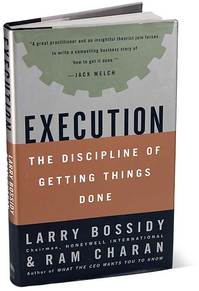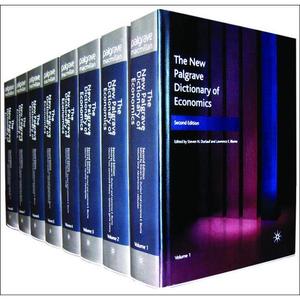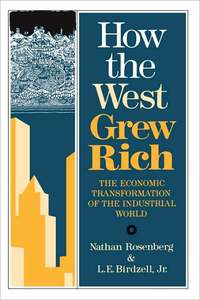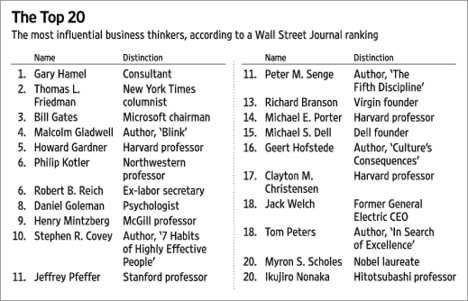Levy and Murnane show that the computer has, on average, benefitted the situation of labor. After I presented a similar example at the Summer Institute in 2007, Dave Mitch asked me if this was in general true of advances in technology, or if it might be an exceptional case.
If computers represent one example of creative destruction, another example, in the process variety, would be the advent of factory production. In the following passage, Rosenberg and Birdzell suggest that factories also benefitted the situation of labor:
The low wages, long hours, and oppressive discipline of the early factories are shocking in that the willingness of the inarticulate poor to work on such terms bespeaks, more forcefully than the most eloquent words, the even more abysmal character of the alternatives they had endured in the past. But this was not the way the romantics of the nineteenth century read the message of the factories. (R & B 1986, p. 173)
In the above passage, Rosenberg and Birdzell suggest that the abysmal alternatives to factory work, that the poor faced, may partly have been the result of the enclosure movement having worsened the situation of the lowest agricultural workers, by denying them access to the fallow lands for animal grazing. But, in the passage below, they also imply that to some extent it may just have been due to the secularly persistent suffering that had long characterized much rural life.
Neither the entrepreneurs who built the factories nor anyone else supposed that they were engaged in a work of charity or an exercise of social conscience. But whatever the moral quality of their intentions, their actions advanced the interests of a down-trodden subproletariat—a subproletariat in part, perhaps, characteristic of pre-industrial societies and, in part, drawn from an agricultural work force hard pressed by the enclosure movement and a high rate of growth in agricultural productivity. (R & B 1986, p. 174)
They further point out that, although everyone was supposed to be compensated for losses from enclosure, the interests of the poorest were not well-represented in the decision-making bodies:
In theory, the acts compensated the cottagers for the loss of their common rights by giving them some of the enclosed land. But the cottagers were not effectively represented in Parliament, and there is much reason to believe that the compensation was in practice inadequate. (R & B 1986, p. 171)
DeLong and Summers note enclosure as one of the major institutional/policy actions that enabled a past episode of creative destruction to create a past ‘new economy.’ But the fact (if it is a fact) that a majority of farm labor was hurt by the enclosure, does not imply that this had to have been the case. It may in fact illustrate one of the major pints of DeLong and Summers, namely that it is extremely important to try to get institutions and policies right.
Sources mentioned above:
DeLong, J. Bradford, and Lawrence H. Summers. “The “New Economy”: Background, Questions and Speculations.” Federal Reserve Bank of Kansas City Economic Review (2001): 29-59.
Levy, Frank, and Richard J. Murnane. The New Division of Labor: How Computers Are Creating the Next Job Market. Princeton, NJ: Princeton University Press, 2004.
Rosenberg, Nathan, and L.E. Birdzell, Jr. How the West Grew Rich: The Economic Transformation of the Industrial World. New York: Basic Books, 1986.






